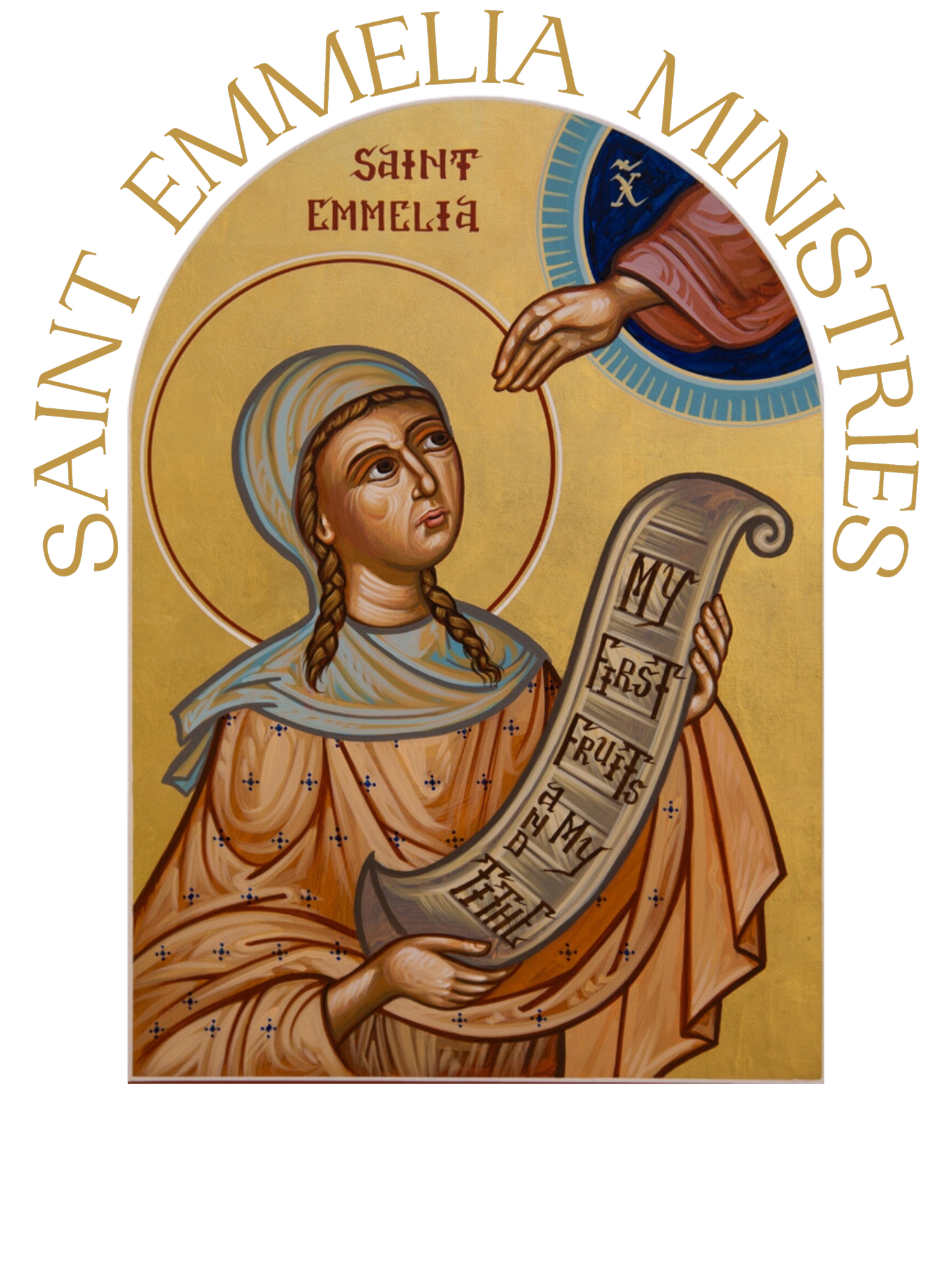Introduction to Educational Philosophies
There are a lot of different ways to homeschool, and just because one is working for your friend, doesn't mean it is going to be the right fit for you. If you are just getting started, it is worth reading about the main philosophies of homeschooling because many of the curriculum out there are created with these philosophies in mind. As you start learning more about your options, you'll hear these words: Charlotte Mason, classical, eclectic, Thomas Jefferson, unschooling, traditional (also called school-at-home), Lapbooking, unit study, Montessori, Waldorf, and more. It is worth reading about some of the main ones. Remember that each of these methods may have aspects that are not compatible with the Orthodox faith. We have to “Be the bee” and take what is good to use and leave out the rest.
Also, one more comment: If you are homeschooling from the beginning, this is not necessary, but if you are pulling a child out of the super-structured environment of the modern classroom, also read about “deschooling”. Some children will need an adjustment period before they can thrive in an environment where they are asked to do some self-motivated learning.
Charlotte Mason – emphasis on nature study, reading, narration, handwork, and the Christian virtues.
Recommended reading: For the Children's Sake by Susan Schaeffer Macauley
Home Education and A Philosophy of Education by Charlotte Mason
A Charlotte Mason Companion by Karen Andreola
Free online lesson plans: Amblesideonline.org
Classical – emphasis on mastery of subject matter and the tools of rhetoric.
Recommended reading: The Well-Trained Mind by Susan Wise Bauer
Eclectic – emphasis on finding whatever curriculum best fits the family at the moment. Not really a philosophy, and many “eclectic” homeschoolers draw from different philosophies simultaneously.
Lapbooking / Notebooking – also not a philosophy on its own, but another tool used to help make information “stick” through the use of writing and drawing. It is really a kind of uber-note-taking.
Modern or School-at-Home – emphasis on recreating the school learning environment at home. May or may not incorporate another philosophy such as classical, but the learning work is much the same as in a traditional school.
Montessori – emphasis on independent, child-led work, hands-on acquisition of concepts, education of the whole child
Recommended reading: The Absorbent Mind by Maria Montessori
Relaxed – emphasis on learning within the needs of the family life. Not really a philosophy, but more a survival technique for welcoming babies or homeschooling through crisis or illness.
Thomas Jefferson Education – emphasis on reading and analyzing the great books for the formation of future leaders under the mentorship of adults.
Recommended Reading: A Thomas Jefferson Education: Teaching a Generation of Leaders for the
Twenty-first Century by Oliver DeMille
Unit Study – not a philosophy on its own, but a tool used by some of the above methods to teach all subjects through the motivation of a child's interest. For example, if a child is passionate about dogs, a parent might use that interest to teach biology and anatomy (of a dog), math (calculating the cost of a dog, etc.), literature (reading books with the child and dog relationship as a major plot line), etc.
Unschooling – emphasis on marshaling all available resources to support child-led interests in learning.
Recommended reading: Teach your Own by John Holt
Homeschooling for Excellence by David Colfax
Waldorf – emphasis on imagination and artistic pursuits which are integrated into learning throughout. Also a lot of outdoor time, famously regardless of weather!
Recommended reading: [though this method is found many places and has good things, the methods found in Rudolf Steiner's Anthroposophy makes it not spiritually a good fit for the Orthodox Christian education and in my opinion opens up the child to spiritually destructive forces. So, I can't really recommend it, but I don't know how you want to reflect that here. I'm no priest.]

